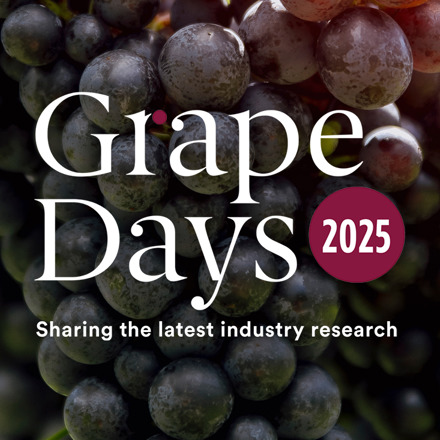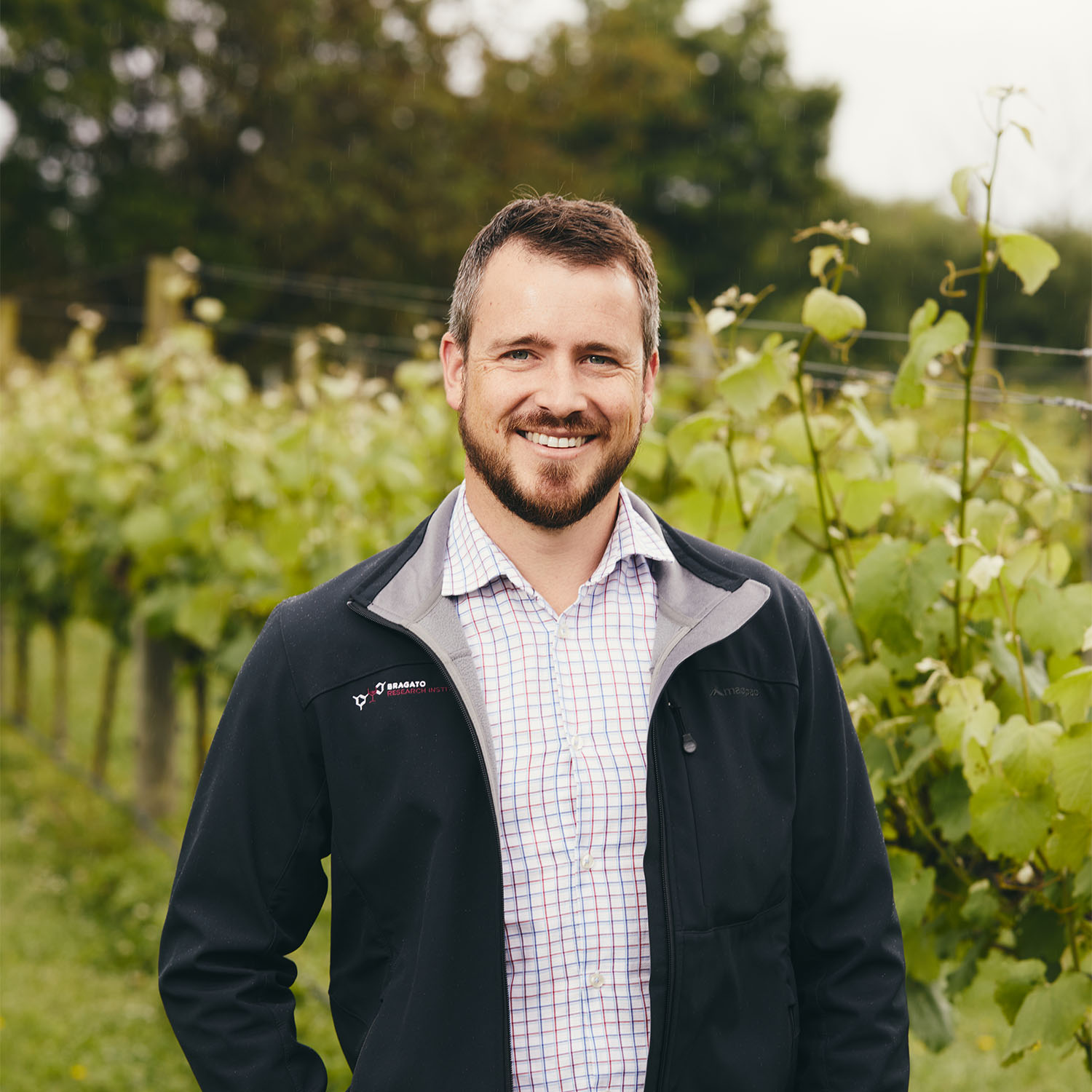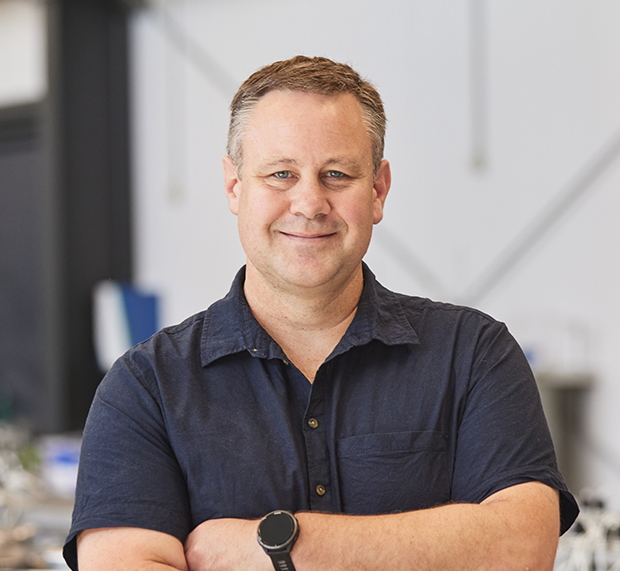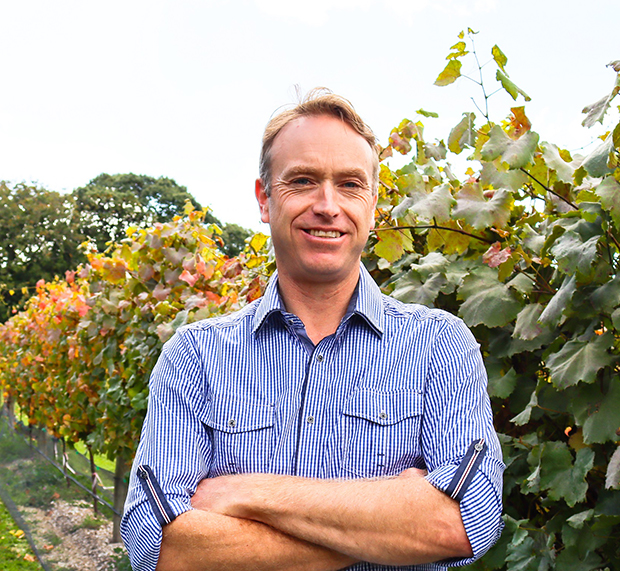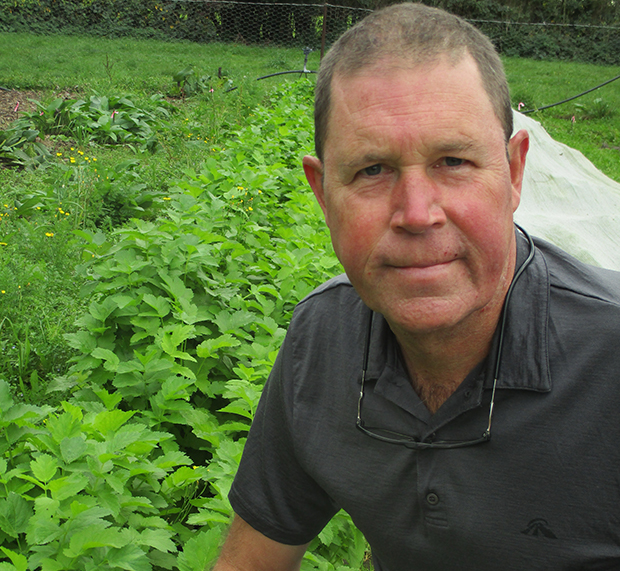
Seth Laurenson, Bragato Research Institute
Seth is Bragato Research Institute's Sustainability Research Leader and is responsible for identifying, developing, and managing research in these areas. Seth was previously a Senior Scientist at AgResearch Farm Systems and Environment group. His PhD from the University of South Australia was focused on viticultural soil management issues across the Barossa Valley and McLaren Vale. Seth is an adjunct lecturer at Lincoln University and has expertise in soil physical health and how this influences soil health and water use.

Meagan Littlejohn, New Zealand Winegrowers
Meagan is Programme Manager – Sustainable Winegrowing New Zealand (SWNZ). She hails from Canada with a Masters degree from the University of Ottawa focussed on behaviour change, and a background in research and project management. She first joined the SWNZ team in May 2018 as the Systems Administrator and has been managing the daily operations of the SWNZ programme as Programme Manager since January 2020. Meagan and the rest of the SWNZ team are based in Blenheim. The SWNZ programme began in 1995 and leads the way internationally with approximately 98% of all producing vineyard area in New Zealand SWNZ-certified. Meagan is passionate about advancing the sustainability efforts and credentials of the New Zealand wine industry.

Dr Jayson Benge, Zespri
Jayson is Environment Sustainability Specialist within the Sustainability team at Zespri. He has over 20 years of experience working on sustainability projects, largely in the kiwifruit sector, and has spent considerable amounts of time measuring and reporting environmental outcomes. He has been highly involved in the measurement of emissions across Zespri’s supply chain and most recently, has been working on how the kiwifruit industry can benefit from carbon dioxide removals from orchards.
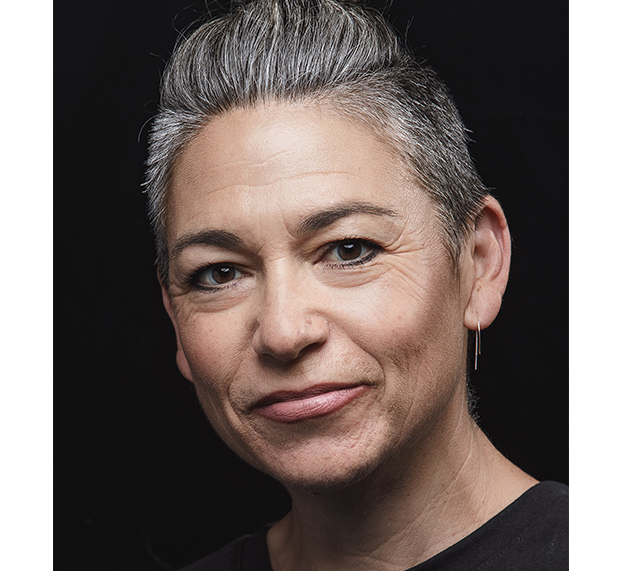
Belinda Jackson, Lawson's Dry Hills
Belinda is Marketing & Sales Manager for Lawson’s Dry Hills. Her responsibilities include strategy and sales for the company’s brands in both the domestic and export markets. A key focus is communicating the company’s sustainability journey to inform consumers and encourage other producers to follow suit. Prior to this role, Belinda was an industry consultant for 12 years after previously having wine-buying roles with Liquorland and Glengarry. Before coming to New Zealand in 1995, Belinda was a Wine Category Manager, globally sourcing 750k cases of wine a year, for the UK on-premise.




